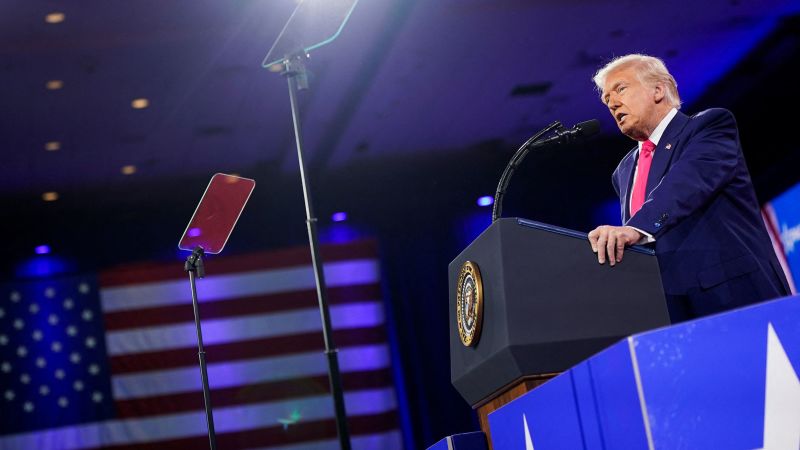CPAC Showdown: Trump's Bold Claims Spark Election Narrative Controversy

In a persistent pattern of misinformation, former President Donald Trump continues to challenge the legitimacy of past and present electoral outcomes. Despite clear evidence and multiple legal confirmations, Trump remains steadfast in his claims about the 2020 presidential election, which he decisively lost to Joe Biden.
More alarmingly, Trump has begun spreading unsubstantiated narratives about the 2024 election, suggesting victories and irregularities that have no basis in fact. His repeated false assertions not only undermine the democratic process but also sow confusion and doubt among his supporters.
Election experts, legal professionals, and election officials have repeatedly debunked Trump's claims, emphasizing that the elections were conducted fairly and transparently. Yet, the former president continues to amplify these baseless allegations, creating a dangerous narrative that threatens the integrity of the American electoral system.
The persistent spread of these falsehoods raises serious questions about the potential long-term impact on public trust in democratic institutions and the peaceful transfer of power, a cornerstone of American democracy.

